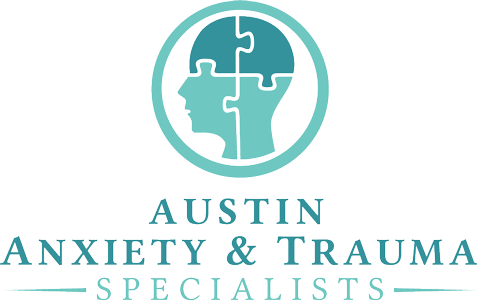What is a social support system?
Also referred to as a support network, this system is made up of individuals in your life who boost your mood, bring balance to your life, or provide a listening ear. This is different from a formal support group, which usually is a structured meeting of people sharing common issues. Connecting with your support system can be as simple as a watercooler chat with a trusted coworker, a walk outdoors with a family member, a coffee date with a friend, or a tight hug from a partner.
Why do I need social support?
Interacting with other people leads to a longer, healthier life. Social isolation, whether objective or perceived, drives up cortisol levels in your body. Cortisol is a hormone that your body produces when stressed. Too much can affect your mental performance and immune system, as well as cause vascular problems, heart disease, and inflammation. In fact, lacking social connection increases your health risks just as much as alcohol abuse or smoking 15 cigarettes a day.
Social interaction is also vital for your mental health. Serious mental health problems like depression and anxiety are also more likely to develop in those who already feel lonely and isolated. Depression amplifies pre-existing feelings of loneliness. If you have been feeling low for a long time or simply want to make a positive change in your life, build a network of people you trust to be aware of what you’re dealing with.
It is important to have a safe network of support to help manage life and stress, especially during the most difficult times. Healing requires breaking away from sources of harm, so you may be leaving behind substances or relationships that fueled negativity in your life. The beginning stages can be the hardest to get through when the “loss” of former sources of comfort is the most raw. Accepting assistance can soothe the pain and set you on the right path.
Who should be in my social support system?
Every individual in your support system is on your team. They are people you do not feel judged by. They are people you feel comfortable and safe with. You know these people genuinely want the best for you. They can be family, friends, professionals, and in some cases even acquaintances.
Diversity of backgrounds and expertise in your network allows for different perspectives on issues and different practical skill sets. Loved ones and professionals may provide you with these four types of support:
Emotional. This type of support might come from someone you are closest to. A friend or spouse can show love and empathy by listening to you or offering physical affection.
Instrumental. This practical support helps with responsibilities you might not have the mental space for or physical ability to do. Instrumental support can be professional, like hiring cleaning services, or personal, such as a relative cooking a meal for you.
Informational. Someone who gives informational support passes on resources or advice. A friend who’s experienced something similar to you could share community resources, book recommendations, or give advice on steps to seek professional help. Informational support is an informal prerequisite to the next type of social help.
Affirmational. Also referred to as “esteem” or “appraisal” support, this encouraging type of support reflects information back to you that is useful for self-evaluation and improvement. A licensed therapist is an excellent resource for this role.
7 Steps to Building (and maintaining) Your Support System
-
- Make a list of the people you know are on your team. If you struggle, start by listing the people you interact with regularly. Then, mark the people who make you feel good about yourself, who you trust, and who bring positivity into your life.
- Educate yourself about what type of help you need. Consider who on your list is best qualified for each of your needs.
- Make your request for help personal by talking to them face-to-face. Explain why this person’s unique abilities would help you.
- Be concise and specific about what you need. Feel free to communicate changes as you go through recovery.
- Rely on your support system. Don’t apologize for asking for help. Imagine yourself as a separate entity, a friend. If this friend asked for emotional support during a difficult time, wouldn’t you want to help?
- Validate the support you receive, even if it’s a simple text back. Communication can be hard when your mental health is slacking, but avoiding responding may make you feel worse later. Consider sending a simple, “Hey, thanks for the message. I’m not ready to chat but I’ll message you tomorrow.”
- Be patient with yourself and with them. Healing takes time. Remember that these people are on your team and are not against you. They want the best for you.
Removing Roadblocks: Asking for Help
The biggest roadblock on the path to recovery is the fear of asking for help. Being vulnerable with others about our weaknesses can put us at high social risk, and rejection can physically pain us. Even if our feelings are understood and accepted, we often have difficulty accepting help from others because we don’t want to inconvenience them. Or if we do accept help, we struggle to articulate what we need. If your road is blocked by fear, ask yourself:
- When have I asked for help in the past?
- When I ask for help, how do I feel?
- What do I expect will happen?
- What actually does happen?
The majority of the time, you’ll find that the reality of asking for help has a far more positive result than you imagined. If you need help but don’t know what you need, that’s okay too. Our therapists at Austin Anxiety and Trauma Specialists are here to figure that out with you. Contact us to schedule an appointment and we’ll begin supporting you.






